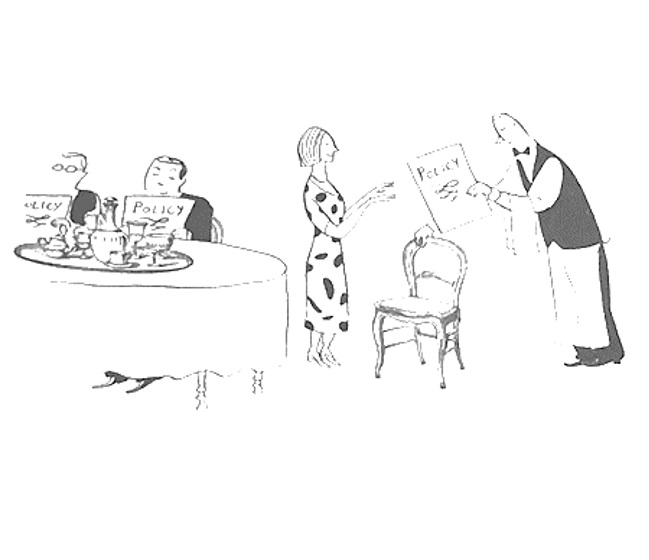Making Better Policy: Using evidence effectively
Host: Dr Philip Davies
To view this webinar please click on the video link below.
Many countries across the world strive to make better public policy by using an evidence-based approach to the policy making process. There is often disagreement, however, as to what constitutes ‘evidence’ and how it can be used at different stages of the policy process. This webinar will start by reviewing how evidence can be used to inform decision making throughout the different stages of the policy process. We will consider what constitutes ‘evidence’ and how it interacts with the driving forces of policy – belief, ideology and values. The ‘sweet spot’ of good policy making is where evidence, politics and delivery overlap.
We will look at other factors that contribute to making better policy, including:
- Stakeholder engagement (rather than just consultation)
- In-depth understanding of the problem-in-hand
- Thinking broadly about policy options that might address the problem
- Using evidence to establish what has worked effectively and efficiently elsewhere
- Developing a delivery plan before the policy is rolled out
- Building effective monitoring and evaluation into the policy process
The webinar will highlight case studies from different countries to illustrate how evidence has helped make better policy and avoid policy failure.
Our presenter Philip Davies From 2000-20007 Philip was a senior civil servant in the UK Cabinet Office and HM Treasury, responsible for policy evaluation and analysis. Before joining the Cabinet Office, he was a University Lecturer in Social and Political Science at the University of Oxford, and he has held academic positions at the University of Aberdeen and the University of California, San Diego.
Philip has substantive expertise in health and health care, education, social welfare, crime and justice, and international development. He has taught courses on policy evaluation, evidence-based policy making, and the analysis and use of evidence across the UK and in the USA, Canada, and various countries in Europe, Africa, Australasia and the Caribbean.

